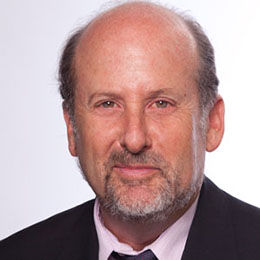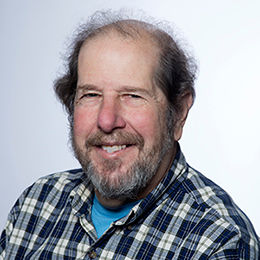Testing a safer approach to stem cell transplantation
For some patients with immune diseases, stem cell transplantation is a chance at a cure. Stanford's Judith Shizuru, MD, and her team are hoping to make stem cell transplantation safer by eliminating the need for toxic chemotherapy before transplant. They are currently testing this approach in a clinical trial for patients with severe combined immunodeficiency (SCID).







Connect with us:
Download our App: